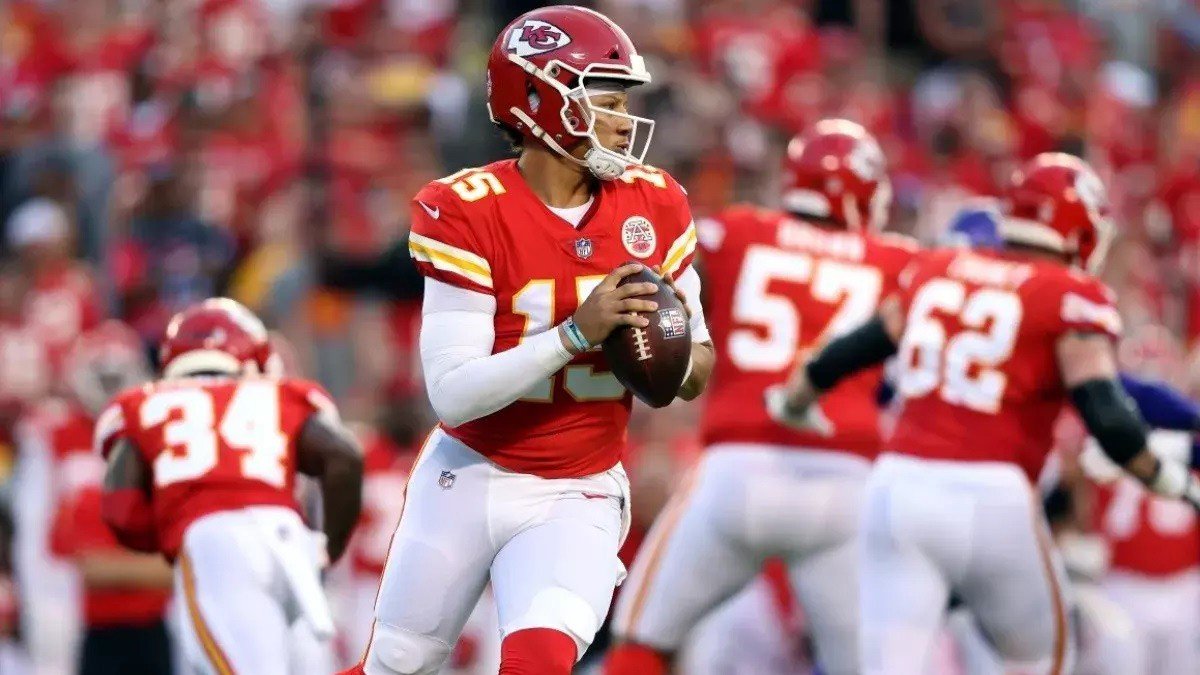Massachusetts lawmakers consider online casino bill with sweepstakes ban

Massachusetts lawmakers are weighing House Bill 4431, which seeks to legalize online casino gaming while banning online sweepstakes games. The bill, introduced by Rep. David Muradian on August 18, 2025, has been referred to the Joint Committee on Economic Development and Emerging Technologies.
If approved, the bill would establish a regulated iGaming market managed by the Massachusetts Gaming Commission (MGC). Existing casinos would be permitted to partner with up to two online operators each, and the commission would be authorized to issue four additional licenses to outside companies.
Licences would be valid for five years, with application fees of $100,000 and $50,000 for each additional skin. Operators would pay a 15% tax on gaming revenue, collected monthly.
If enacted, players would be able to wager on casino-style games such as poker, blackjack, roulette, slots, and craps, along with other skill-based and peer-to-peer games approved by regulators. The measure prohibits credit card deposits and caps deposits at $20,000 within a 24-hour period.
The bill would also create a Player Health Program to “increase public awareness of problem gambling.” The program would be funded through licensing fees and a portion of tax revenue.
Ban on sweepstakes games
House Bill 4431 would make it unlawful to “operate, conduct, or promote online sweepstakes games in the commonwealth.” The definition includes dual-currency systems and simulated casino-style or sports wagering products, a standard similar to rules adopted in New York.
Sweepstakes groups, however, argue that the measure is too broad. The Social & Promotional Games Association (SPGA) said: “Lawmakers moving to ban sweepstakes while introducing iGaming demonstrate a poor understanding of the sweepstakes model and undue deference to iGaming lobbyists.
"Instead of a blanket ban, Massachusetts could embrace oversight and regulation, securing millions in potential tax revenues, instead of deciding for its residents what games they can – and can’t – play on their mobile phones.”
Jeff Duncan, executive director of the Social Gaming Leadership Alliance (SGLA), added that voters do not want prohibitions but rather “smart rules that protect consumers, preserve choice, and strengthen the economy.”
Labor representatives raise concerns
Some labor representatives are warning of potential risks to employment in the state’s casino sector. Jamie McNiel of Local 26, which represents hospitality workers, cited findings from a 2025 Innovation Group study.
“By our estimates, Massachusetts could lose 862 gaming jobs and an additional 2,786 supporting jobs,” McNiel said. “Our estimates are derived from a 2025 Innovation Group study that found between 2019 and 2024, states with iGaming had a 4% decline in brick-and-mortar casinos, and states without iGaming had a 12% increase in their casinos. We applied the 16% loss to our current workforce here in Massachusetts.”
Opponents point to New Jersey as an example, where iGaming revenue grew 395% from 2019 to 2024 while casino jobs fell 17%, a decline of more than 5,000 positions. The National Association Against iGaming warned that Massachusetts casinos could face revenue losses of 16–30% under a legalized online model.
The Joint Committee on Economic Development and Emerging Technologies will review the bill in the coming weeks. Lawmakers face competing interests: the potential for new state revenue and consumer protections through legalization, versus the risks of job losses and declining land-based casino revenues.
















